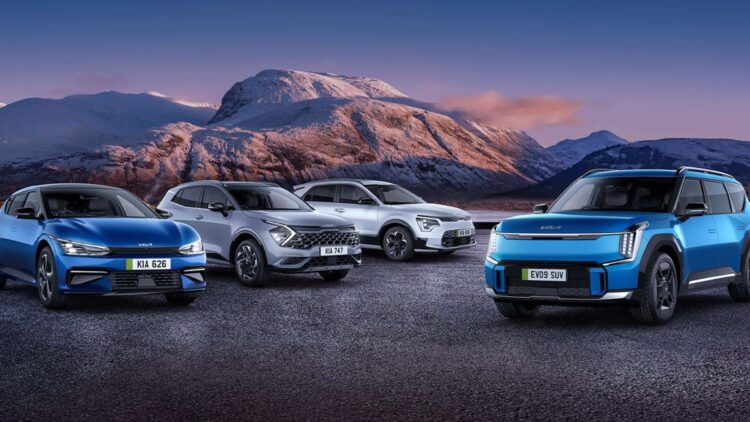Both electric and hydrogen vehicles have a bright future because they are essential to cutting carbon emissions and moving toward more environmentally friendly modes of transportation. As battery technology advances, electric vehicles’ range, charging periods, and price all improve. In the meanwhile, hydrogen-powered automobiles provide a substitute with better range and quicker refilling periods, especially for bigger vehicles. The use of electric and hydrogen vehicles is anticipated to increase as both technologies’ infrastructure grows and developments continue, making them essential to international efforts to tackle climate change.
Nonetheless, electric cars continue to be better in a number of important categories, most notably energy efficiency, reduced operating costs, and environmental advantages. EVs now have longer ranges, quicker charging times, and lower prices thanks to continuous advancements in battery technology. They are an essential component of sustainable transportation since their broad use lessens reliance on fossil fuels and greenhouse gas emissions. Furthermore, EVs require less maintenance and are more reliable over the long run because they have fewer moving parts than cars with internal combustion engines.
Note: Every piece of content is rigorously reviewed by our team of experienced writers and editors to ensure its accuracy. Our writers use credible sources and adhere to strict fact-checking protocols to verify all claims and data before publication. If an error is identified, we promptly correct it and strive for transparency in all updates, feel free to reach out to us via email. We appreciate your trust and support!



Leave a Reply